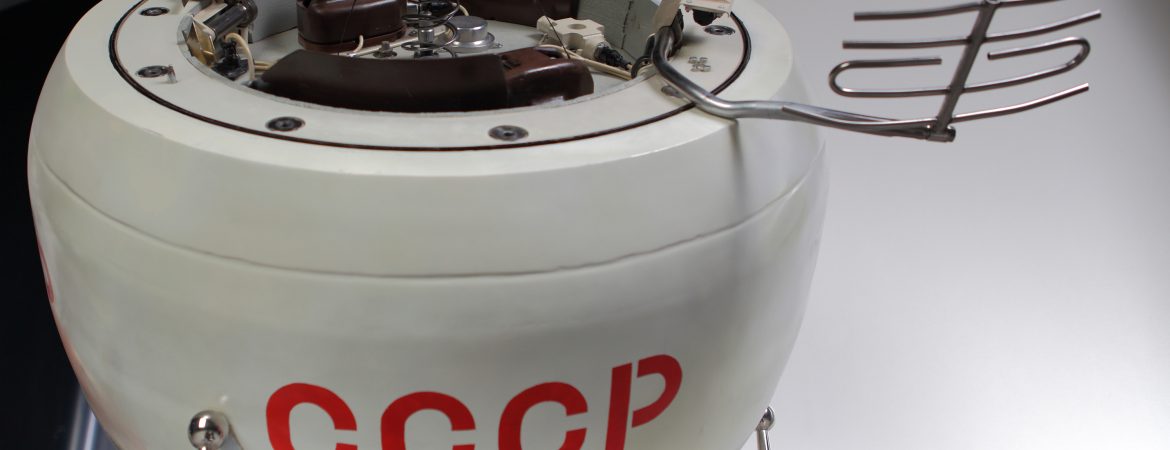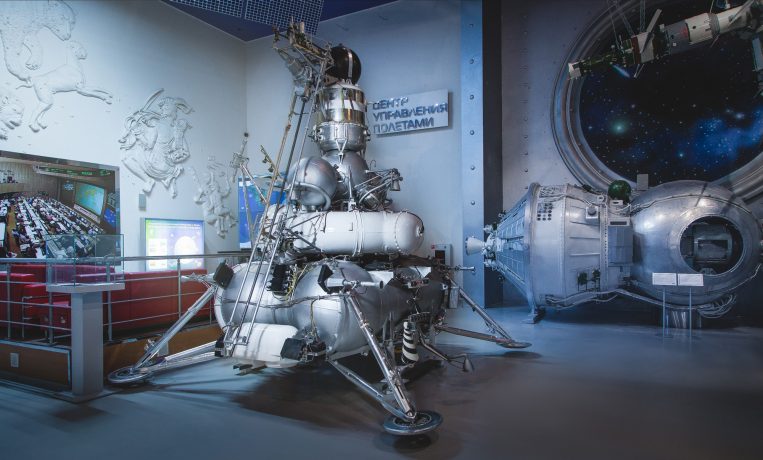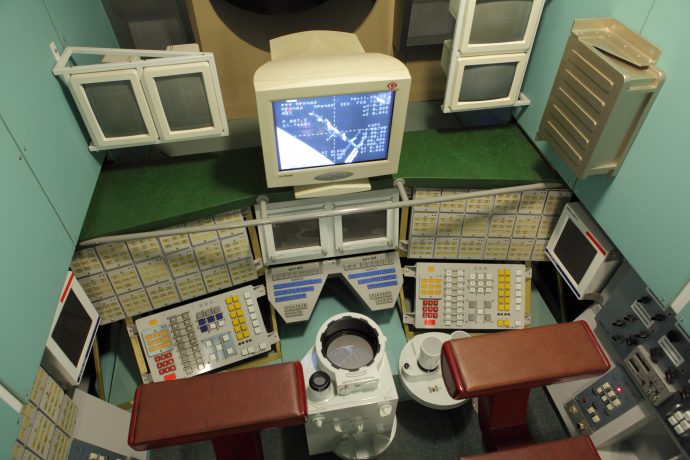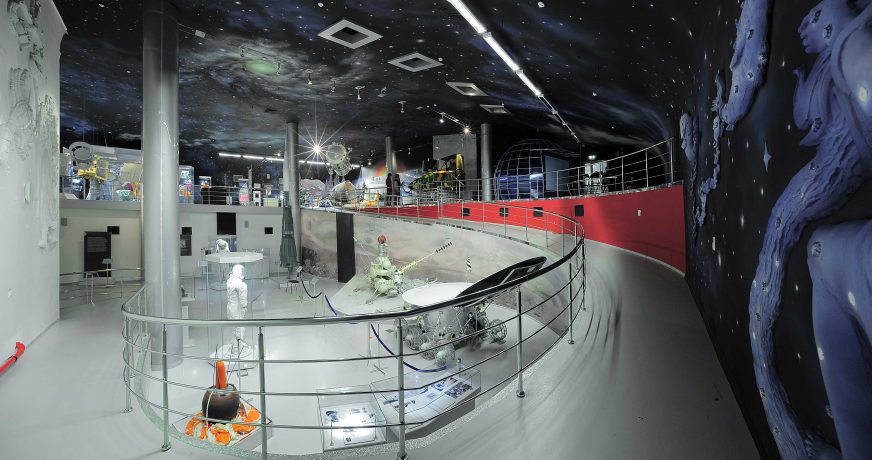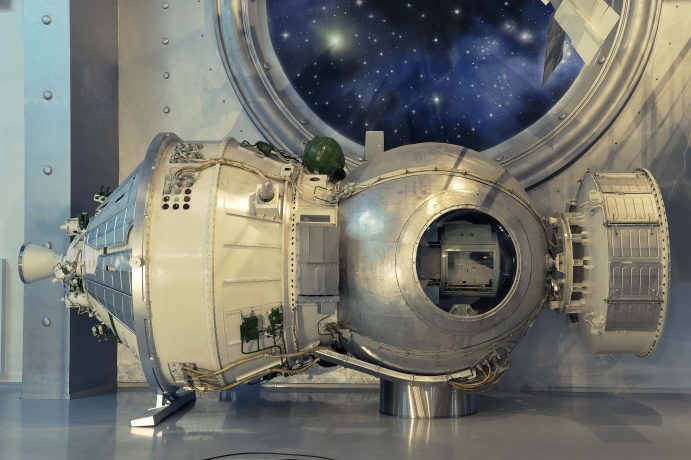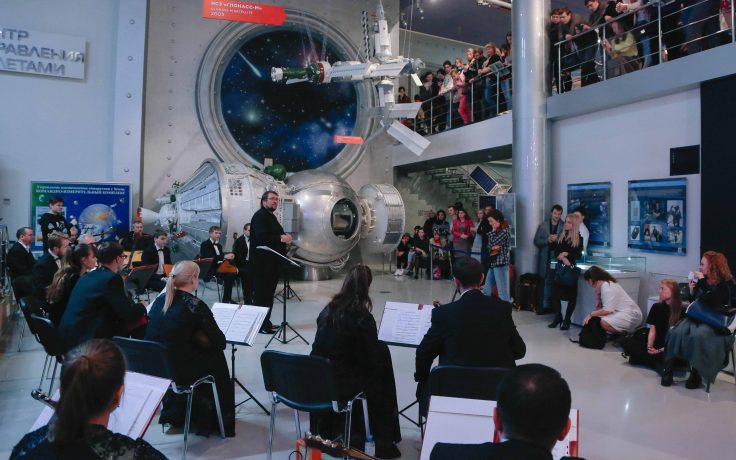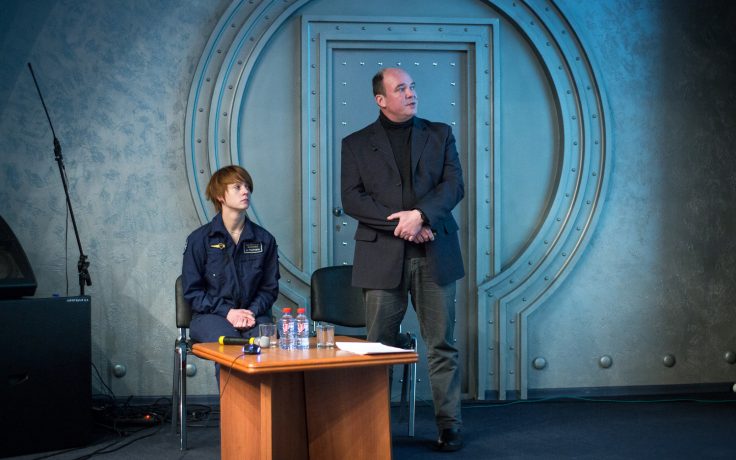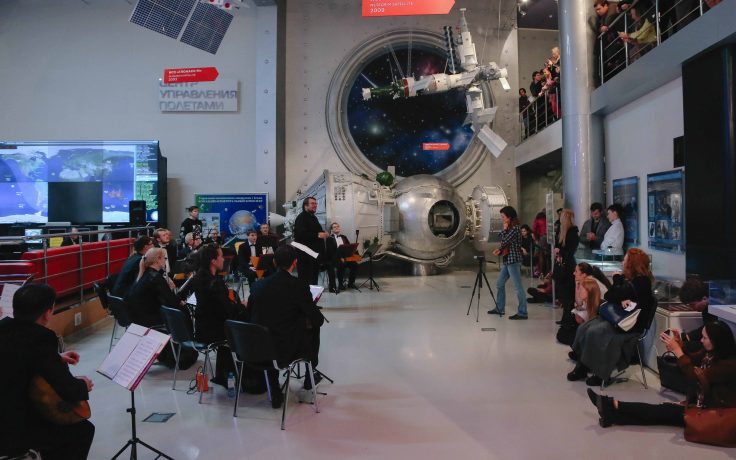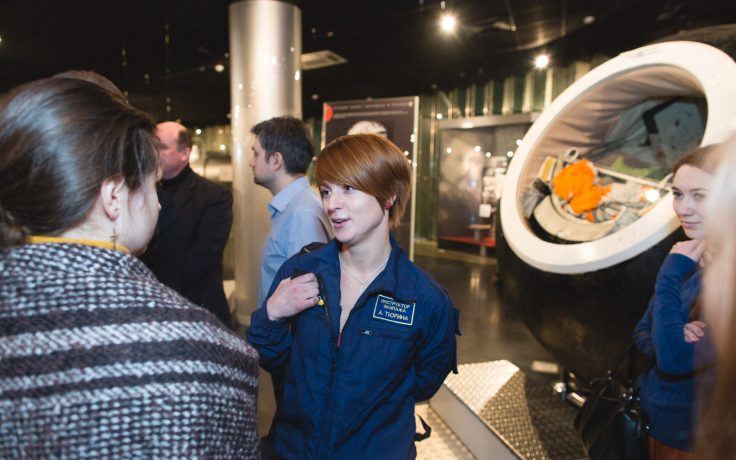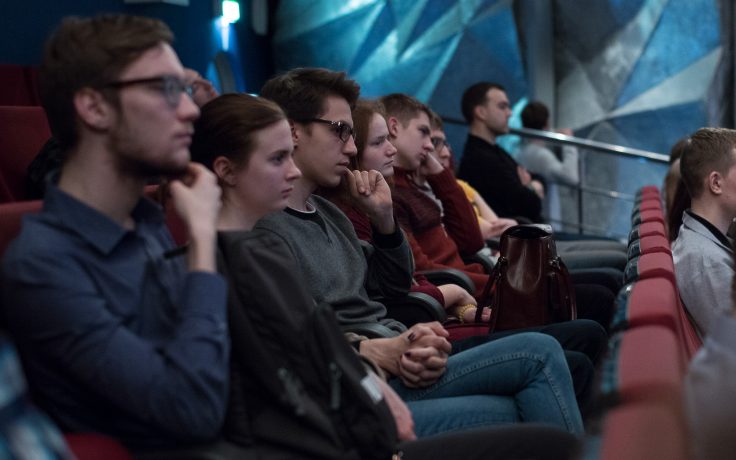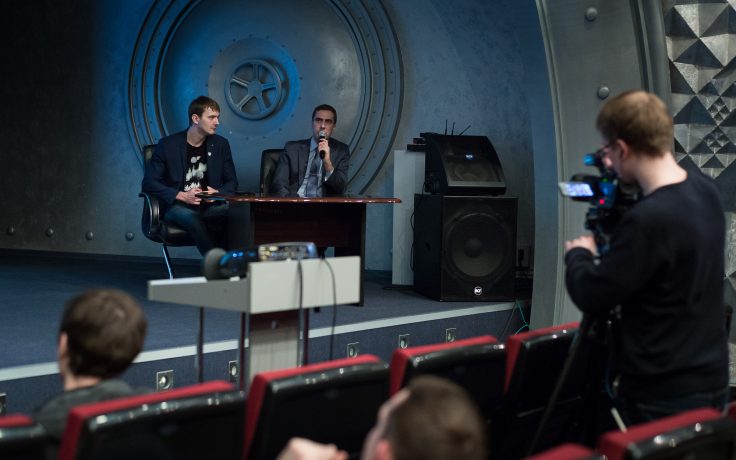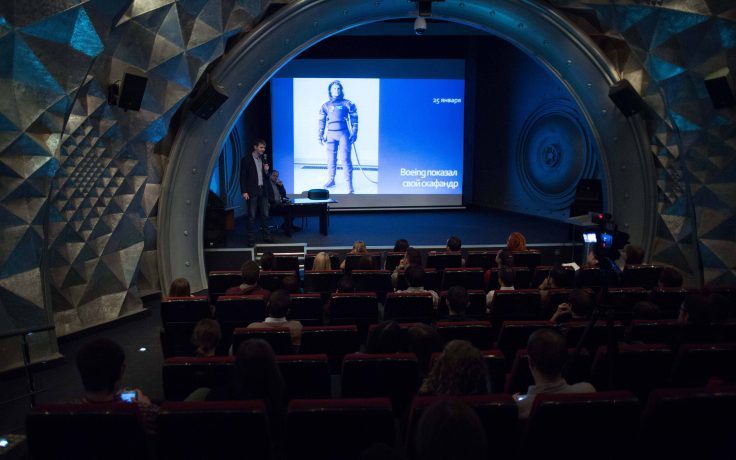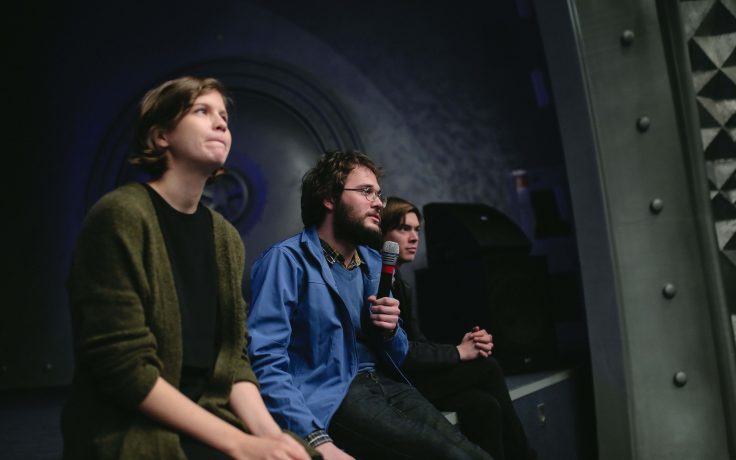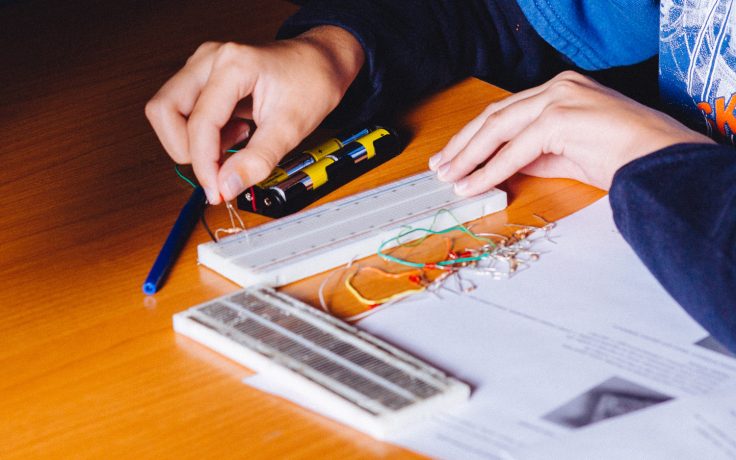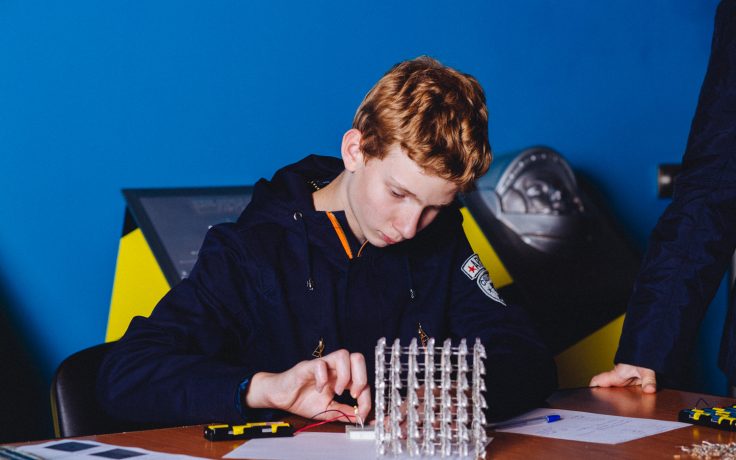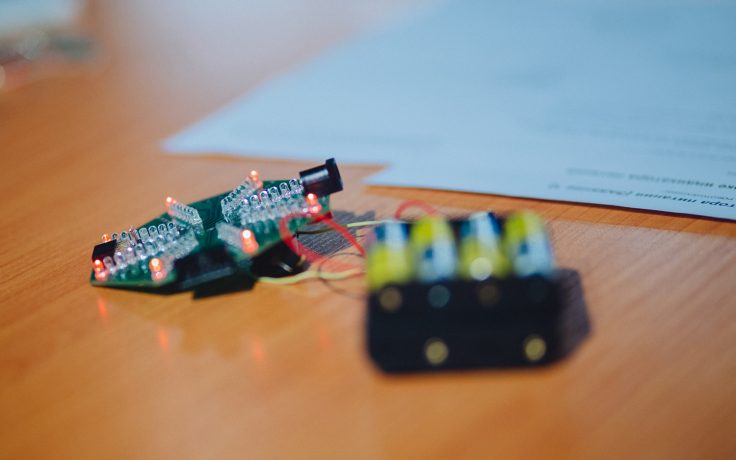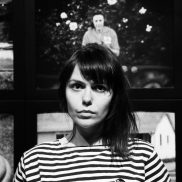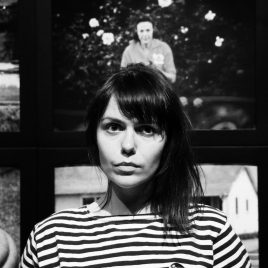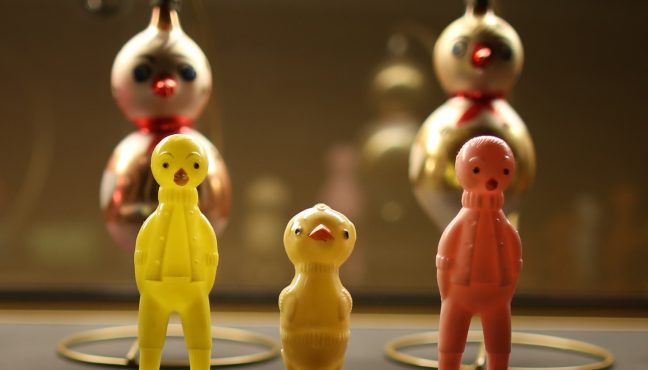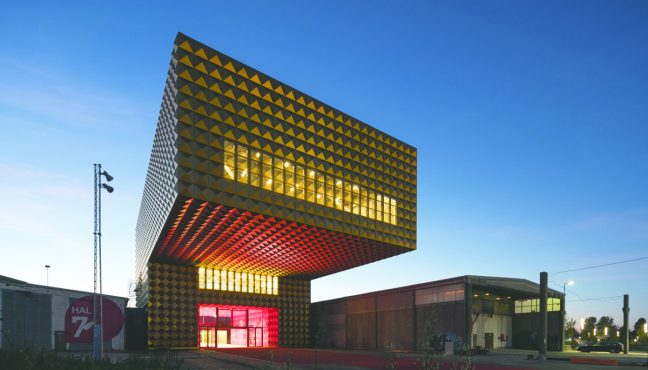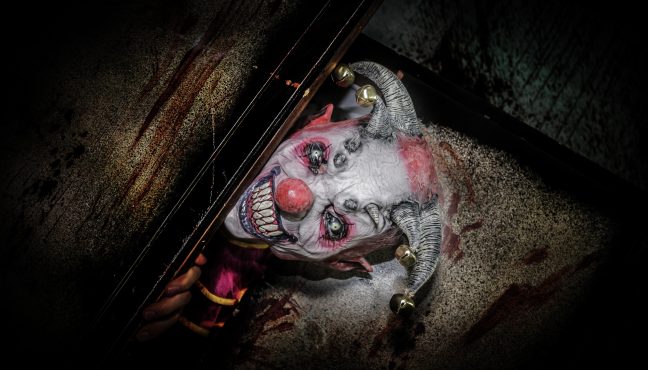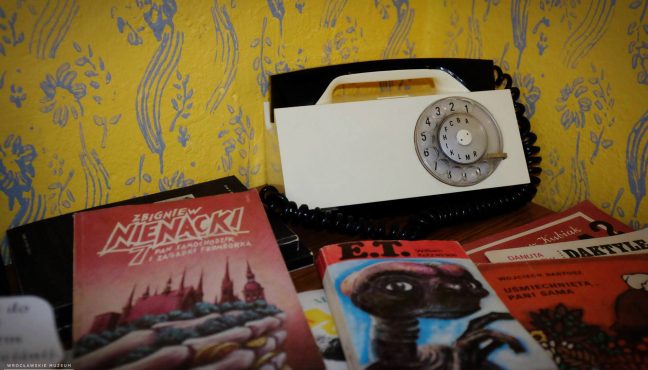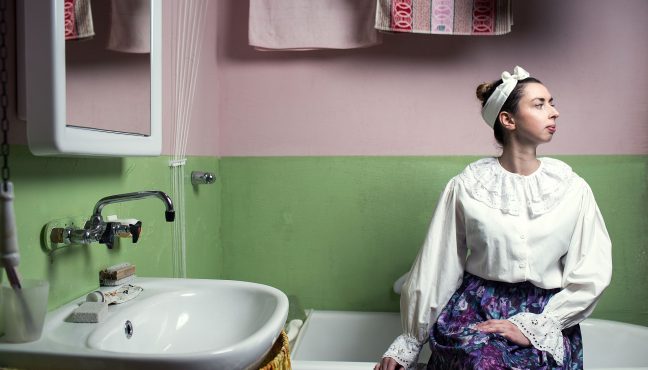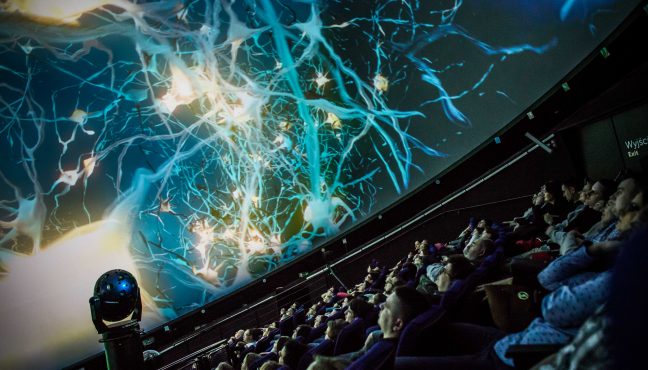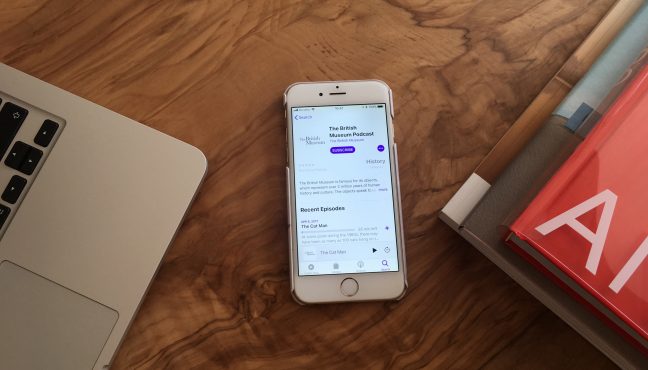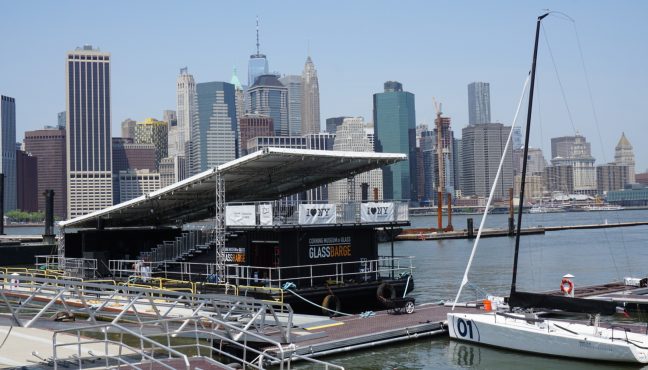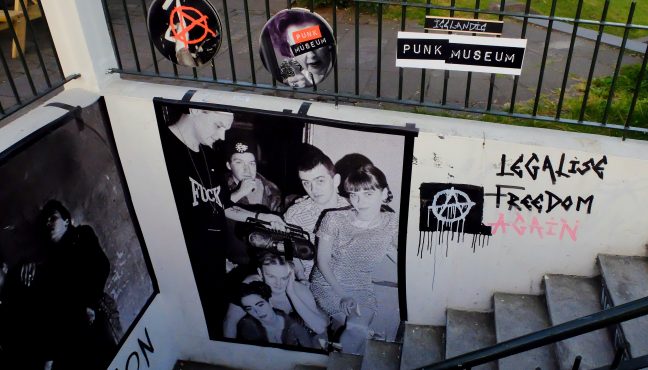On April 12th the world is celebrating the Cosmonautics Day (The Day of Aviation and Astronautics). In fact, this day is celebrated primarily in Russia and former Soviet republics. On this day, in 1961, a Soviet cosmonaut Yuri Gagarin made an orbital flight, thus becoming the first man in space. On April 12 the course of the space exploration and technology changed forever and entered a completely new stage.
No wonder that Museum of Cosmonautics is located in Moscow. The mission of the museum is to increase the interest in space exploration research and educate audiences about current space programs. It opened its doors back in 1980s. The collection of the museum is remarkable, featuring artifacts from the first days of space exploration dating back to early XXth century.
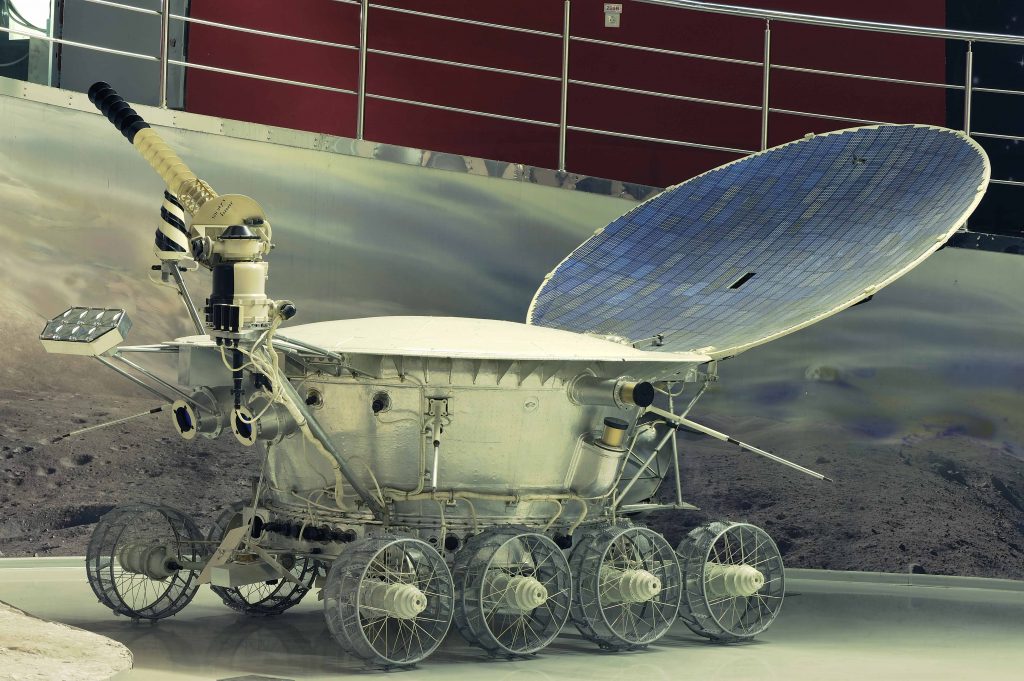
A quick note on museum facilities: make sure to visit museum’s café. You can order the actual space food produced by the International Space Station suppliers! There is also a special menu for kids.
Museum of Cosmonautics has an extensive educational program carefully designed for various audiences. For this feature we picked three projects that, in our humble opinion, can be of interest to Museeum community. To be honest, it was a tough choice!
“Astronaut Candidate” Course
Believe it or not – for all those who have long been dreaming of becoming a cosmonaut, the museum offers a special course that prepares future heroes. This is probably one of the most unique programs you have heard about. The course was designed by the Yuri Gagarin Research Cosmonaut Centre. The centre’s mission is to support space manned programmes and astronauts’ training. A great deal in the centre’s activities is dedicated to educating and ensuring the safety and rehabilitation for cosmonauts.
Needless to say, this programme does not guarantee that you will go to space. Rather, it is an overview of what it is like to be an astronaut. We see it as a PR campaign to invite potential candidates for astronauts and put the word out. No need to say that the actual training for space manned flights is a big deal, a tough job and a commitment.
The course consists of 7 one hour and a half lectures. It starts with an introduction about Russian system of education and training for astronauts.
Many lectures focus on specific topics such as medical training and rehabilitation, Russian segment of the International Space Station, zero gravity training, and more.
Lecture Series
How to keep up with the current news about space programs? This lecture series is designed for those who want to stay up to date with the most significant news about the space exploration. The goal of this series is to provide a learning environment for people who have no background in science or engineering but want to connect with like-minded individuals. The series is facilitated by a blogger Vitaly Yegorov, who invites experts to discuss the most recent news in astronomy and astronautics. Among the themes discussed – commercialization of space, or Mars and Moon exploration. Among guests are mostly academics and space engineers.
There is more to it! This series is organized in partnership with a popular science magazine “Knowledge is Power”, and offers lectures by leading Russian scientists and academics. For example, museums partnered with CreativeMornings Moscow. CreativeMornings is an international “breakfast lecture series” that offers free early morning coffee and talks by speakers from “creative industries”, which can be pretty much anything. One of the most recent speakers - a Russian cosmonaut Sergei Ryazanskiy who participated in an international two week experiment “Mars – 500” on the International Space Station. He talked about what is implied by “work” when you are in space, what is expected from the cosmonauts on such a mission, and about the future of Mars exploration. For example, he talked about the importance of physical training, which is a part of his daily routine; about the challenges of collaboration and co-habitation with colleagues-cosmonauts in space; and, of course, food!
Makers Lab “Vostok”
The fascinating thing about the museum’s educational program is that it is designed for everyone! This lab is a unique opportunity for younger audiences to engage in design and engineering basics. This makers lab offers a 3-year long program. Each course consists of both theoretical and practical sessions. Themes span computer science and programing, foundations of engineering and mechatronics, modelling, history of space exploration and technology.
Space exploration has always been one of the major areas in science and technology development. But all this set aside, what can be more fascinating and mysterious than space?
